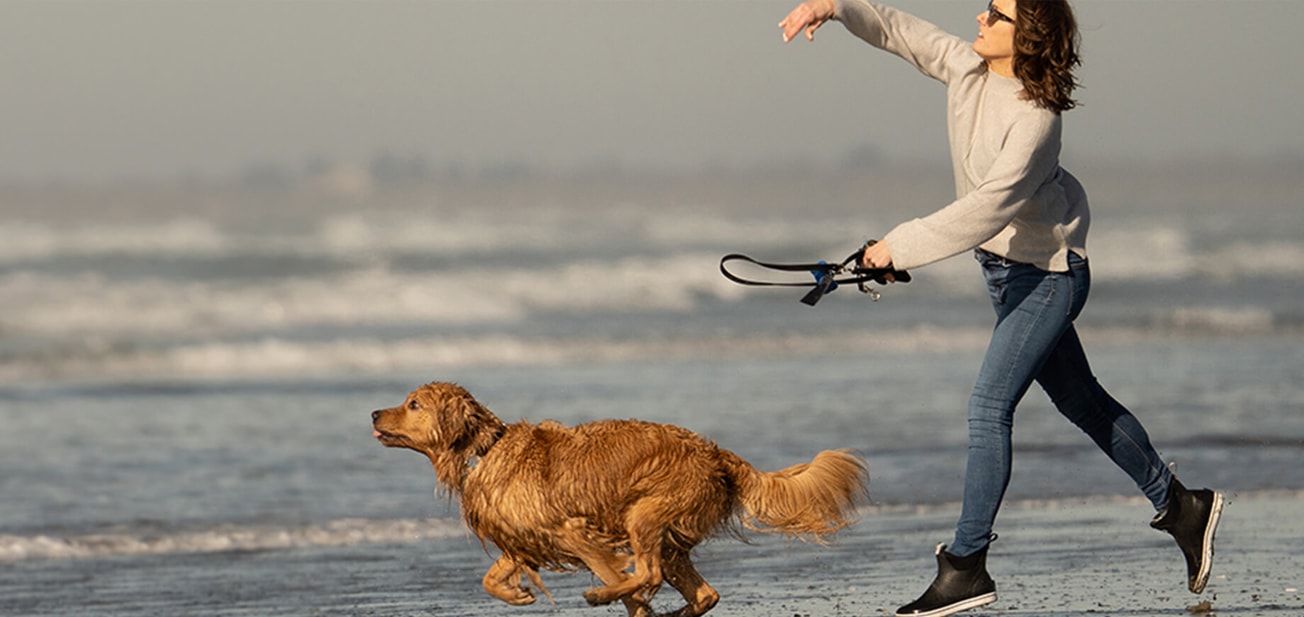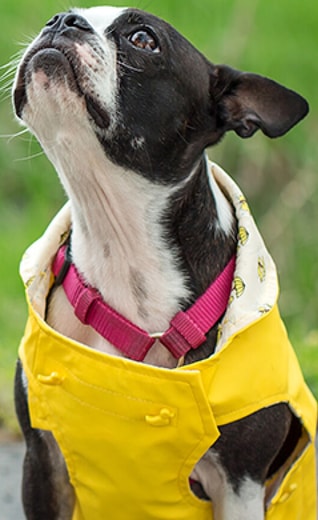
The adoption process
Where to start?
You've thought about your lifestyle, possible breeds, gender, etc. So now it's time to learn a bit about the process of adopting a dog from a shelter. Every shelter's process varies a little, but basically follows a similar path.
First, before you head out to the shelter, it's a good idea to have your home already prepared for his arrival - just in case. In addition, it's best if you've already purchased the items he'll need to make the smoothest possible transition.
Try, try again
Then: You visit as many times as it takes to find "your" dog. Try not to go in expecting to find him the first time, because you may not. (Although it is difficult to leave without a new family member once you're there.) It's really important to find the right dog for you; and for you to be the right owner for him.
Bring a notepad and pen so you can write down pertinent information to the important questions you'll surely want to ask. And if you can, bring along a digital camera. Some shelters may not let you take shots of their dogs, but most will. Some time spent away from the shelter with your notes and some pictures may just make you go back to claim the dog that was meant to be forever yours.
Application to adopt
Now, it's very easy to fall in love at first sight, but you should spend time with a dog before adopting him. Look for a dog who's happy and friendly, and avoid aggressive dogs. Many shelter dogs are energetic because they've been confined. If he seems "full of beans," it's no reason to rule him out. If you find one you think is meant for you, you'll set the "application to adopt" process in motion. What kind of dog do you want?
This involves some paperwork, including the most important document: The Adoption Questionnaire. This includes a wide range of questions, such as:
What are your reasons for adopting?
How many members live in your household?
How much time do you spend away from your home daily?
Where will your dog be kept at night?
Do you rent or own an apartment or house?
Do you have any other pets? Are they spayed or neutered; are they up to date on vaccinations?
Have you ever dropped off a pet at a shelter? If so, what were the circumstances?
Have you ever had pets? If so what happened to them?
Do you plan to spay or neuter your dog? (Many shelters do this automatically; some don't.)
Will you be taking him to obedience lessons?
Now, many of these queries may seem like an invasion of privacy, or worse, irrelevant to your particular situation. But keep in mind that the purpose of these questions is to place a dog in the best home for him, weed out people who will potentially abuse their dogs (use them for dog fights, etc.), and keep the chances of having the dog returned to the shelter as slim as possible.
There's also a certain amount of leeway involved. It's definitely not an exact science.
Short interview
After the paperwork is complete, a shelter worker will sit down with you and ask a series of questions based on the information you've provided. After that they may phone the other members of your household just to be sure they're really on board. Ultimately, if you're approved, you'll pay a fee (or a donation); sometimes you'll be asked to sign an Adoption Agreement, which is like a contract.
And then - unless he needs to be spayed or neutered first - you can take your very grateful new dog home immediately!
Gut feeling
Adopting a dog is a serious years long commitment. That's why the process is so involved. If you're having second thoughts at any point, listen to your instinct and walk away until you're 100% sure.







